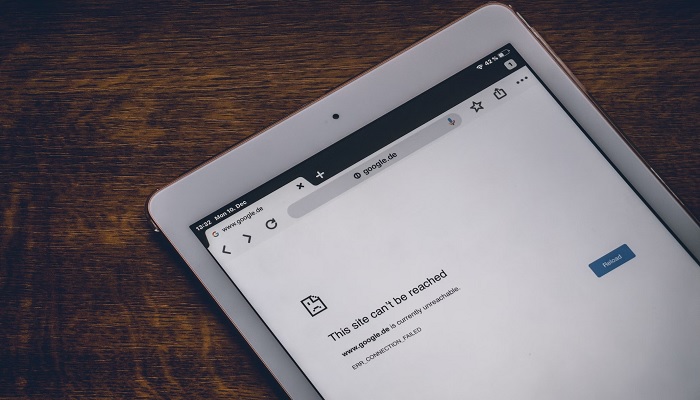
Google has agreed to resolve a $5 billion lawsuit lodged by individuals who alleged that the tech giant invaded their privacy by tracking their online activities despite using the "incognito mode" on the company's Chrome browser.
Lawyers revealed a preliminary agreement on Thursday, prompting US District Judge Yvonne Gonzalez Rogers to halt a scheduled trial in California, as per Reuters.
The class action lawsuit, initiated in 2020, encompassed "millions" of Google users since June 2016, seeking a minimum of $5,000 in damages per user for violating California privacy laws.
The terms of the settlement remained undisclosed but are anticipated to be disclosed early next year when lawyers present a formal agreement for court approval.
Read more: Upcoming changes Google Play to see following $700m settlement
The lawsuit, centred on privacy concerns, accused Google, a subsidiary of Alphabet, of tracking users' browsing activities on Chrome, even in "incognito mode," a setting that erases activity data from the device but permits visited websites to track usage.
Allegedly, this practice allowed Google to amass a vast amount of personal data related to users' social circles, shopping habits, and potentially sensitive information.
Google defended its actions, asserting transparency in data collection during incognito mode, noting that it allowed website operators to assess content, products, and marketing performance, as reported by the BBC.
Previously, the judge rejected Google's attempt to dismiss the lawsuit, citing ambiguity regarding the extent of the company's warnings about data collection during privacy mode.
The resolution spares Google from a potentially challenging and revealing trial. However, this incident once again highlights concerns about how major tech companies manage user data and communicate their practices clearly.
















